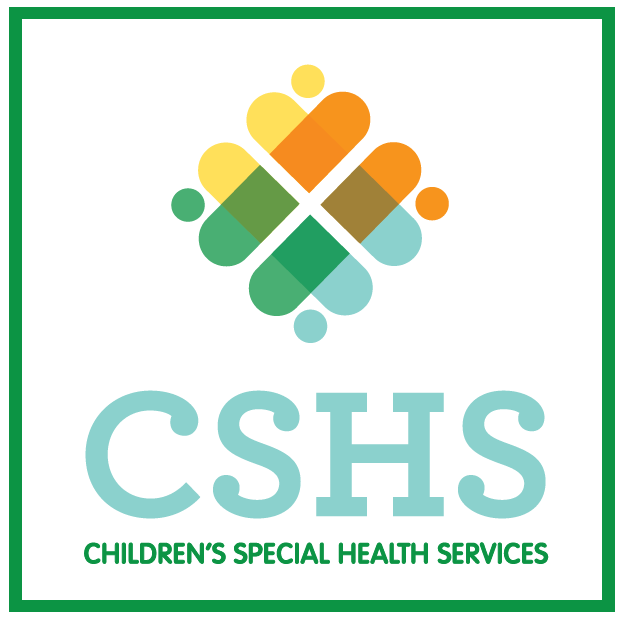Children's Special Health Services
Public Health Laboratory Newborn Screening
Metabolic (Bloodspot) Screening
Most babies are healthy when they are born. Montana tests all babies because a few babies look healthy but have rare health problems. If we find these problems early, we can help prevent serious outcomes like mental retardation or death.
- A few drops (1/8 tsp) of blood are safely collected from the baby’s heel on a special card, usually 1 or 2 days after birth. The Montana Public Health Laboratory receives the blood cards, has the testing done, and reports the results.
- Approximately 12,500 babies were born in Montana in 2008. Seventeen babies (1 in 735) were treated for a condition detected by the newborn bloodspot screen.
- The newborn screen may need to be repeated if the bloodspot sample was not adequate to complete testing, or if the first test suggested a possible health problem.
- Follow-up services for babies with conditions detected by newborn screening are provided under a contract administered by Montana’s Children’s Special Health Services (CSHS). This includes support for regional pediatric specialty clinics or Shodair Children's Hospital.
- Montana screens for
- Amino acid metabolism disorders, including Phenylketonuria (PKU), Maple Syrup Urine Disease (MSUD), Homocystinuria (HCY), Citrullinemia/ Arginosuccinic Acidemia (CIT/ASA) and Tyrosinemia Type I (TYR1). These disorders occur in 1 in 10,000 to less than 1 in 100,000 births.
- Organic acidemia disorders, including 3-hydroxy-3-methylglutaryl-CoA lyase deficiency (HMG), 3-Methylcrotonyl-CoA carboxylase deficiency (3MCC), β-ketothiolase deficiency (BKT), Glutaric acidemia type I (GA1), Isovaleric acidemia (IVA), Methylmalonic acidemia (MUT and CblA,B), Multiple carboxylase deficiency (MCD), Propionic acidemia (PROP). These disorders occur in about 1 in 50,000 births overall.
- Fatty acid oxidation disorders, including Carnitine uptake defect (CUD), Medium-chain acyl-CoA dehydrogenase deficiency (MCAD), Long-chain L-3-hydroxyacyl-CoA dehydrogenase deficiency (LCHAD), Very long-chain acyl-CoA dehydrogenase deficiency (VLCAD), and Trifunctional protein deficiency (TFP). These disorders occur in about 1 in 10,000 births overall.
- Congenital hypothyroidism (CH), which occurs in about 1 in 3000 births.
- Congenital adrenal hyperplasia (CAH), which occurs in about 1 in 12,000 births.
- Cystic fibrosis (CF), which occurs in about 1 in 2500 births to those of European ancestry.
- Hemoglobin disorders, including Sickle cell anemia (HbSS), Hemoglobin SC disease (HbSC), and Hemoglobin S/β-thalassemia (HbS/βth). Sickle cell anemia occurs in about 1 in 400 births to those of African ancestry, and about 1 in 10,000 Montana births.
- Galactosemia (GALT), which occurs in about 1 in 60,000 births.
- Biotinidase deficiency (BIOT), which occurs in about 1 in 60,000 births.
Contact:
Jeanne Lee
Laboratory Services Bureau
(406) 444-3040
jlee@mt.gov


